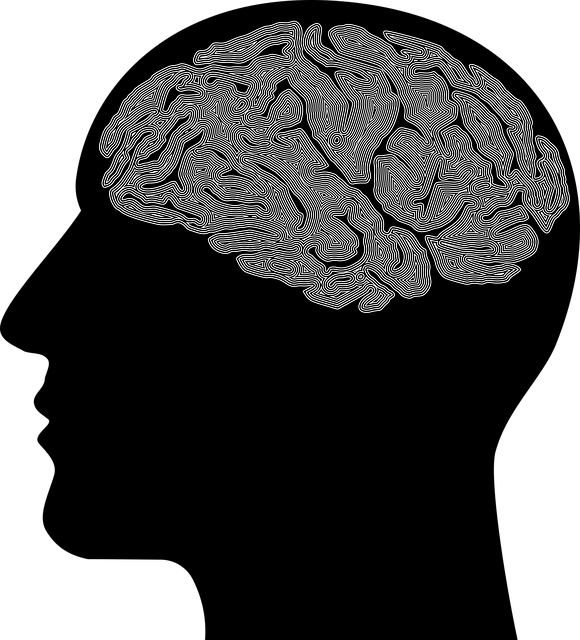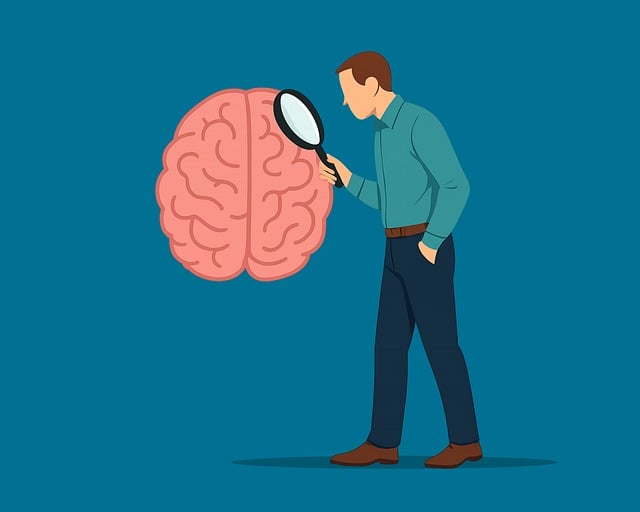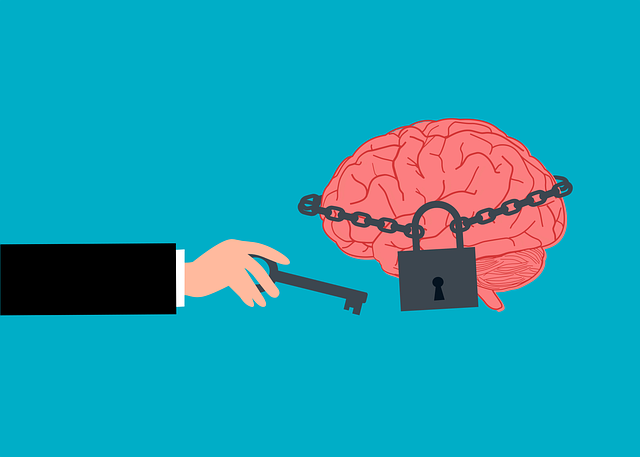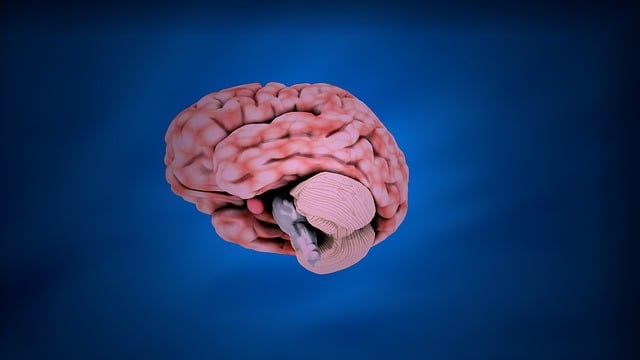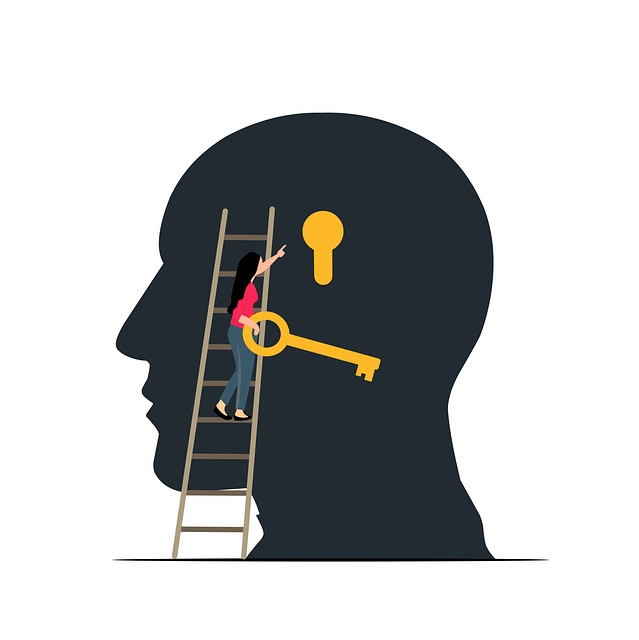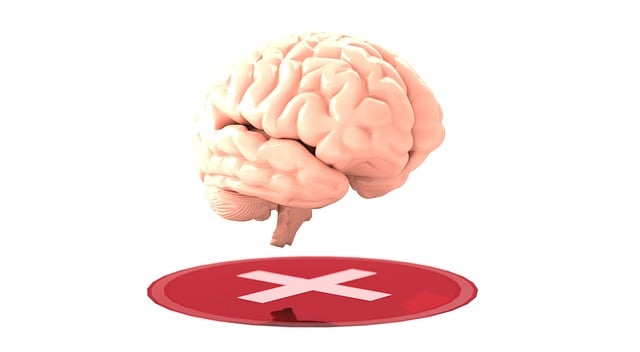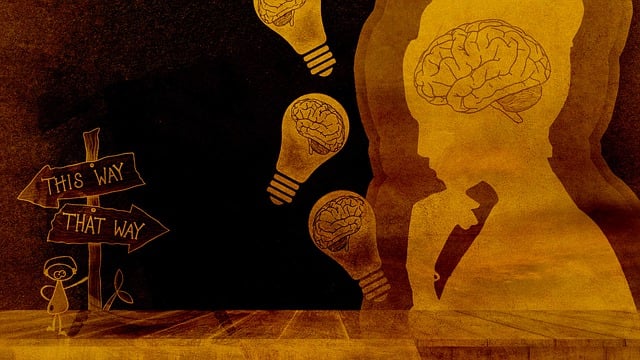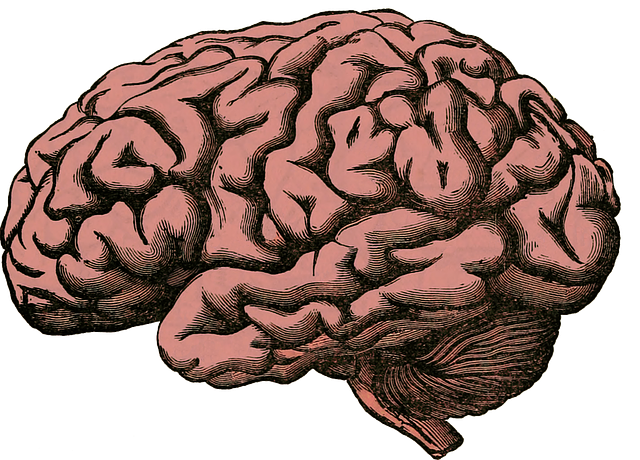In Greenwood Village, offering German-speaking therapy is a crucial step towards culturally sensitive mental healthcare. By addressing language barriers and cultural differences, this approach enhances accessibility and patient connections. Mental health professionals can tailor interventions using culturally relevant techniques like Self-Awareness Exercises and Mindfulness Meditation to meet unique challenges faced by diverse communities, ultimately improving therapeutic outcomes for all clients in the area.
In today’s diverse society, cultural sensitivity is a cornerstone of effective mental healthcare. This article explores the profound impact of understanding cultural nuances on client outcomes, highlighting specific strategies for practitioners. We delve into the unique needs of communities like Greenwood Village’s German-speaking population, showcasing specialized approaches that bridge language barriers and foster inclusive therapy. By examining these aspects, we aim to enhance cultural competence among mental health professionals, ensuring tailored care for all clients, including those in diverse urban settings like Greenwood Village.
- Understanding Cultural Sensitivity in Mental Healthcare
- – Defining cultural sensitivity and its significance in mental health practice
- – The impact of cultural differences on therapy and client outcomes
Understanding Cultural Sensitivity in Mental Healthcare

Cultural sensitivity in mental healthcare is a crucial aspect that often determines the effectiveness and accessibility of treatment for individuals from diverse backgrounds. It involves recognizing and appreciating the unique cultural values, beliefs, and practices that shape people’s experiences of mental health and illness. In Greenwood Village, German-speaking therapy has become an essential service, catering to a specific cultural community. This approach not only ensures accessibility but also fosters deeper connections between therapists and clients by respecting their shared linguistic and cultural heritage.
By integrating cultural sensitivity into mental healthcare practices, professionals can adapt their strategies to meet the specific needs of diverse populations. It encourages therapists to be aware of potential cultural barriers, such as language differences or differing perceptions of mental health, which may impact the therapeutic process. Moreover, it promotes the use of Self-Awareness Exercises and Mindfulness Meditation that resonate with various cultures, enhancing the overall Mental Wellness Podcast Series Production and creating a more inclusive environment for all individuals seeking support.
– Defining cultural sensitivity and its significance in mental health practice

Cultural sensitivity is a cornerstone in mental healthcare, recognizing and appreciating the diverse cultural backgrounds, beliefs, and values of individuals seeking support. It involves understanding that mental health experiences and expressions can vary significantly across cultures, requiring tailored approaches to treatment. This concept is especially relevant in communities like Greenwood Village, where a diverse population may include German-speaking individuals who might approach therapy differently due to their cultural heritage.
Incorporating cultural sensitivity means mental health professionals are equipped to offer effective crisis intervention guidance, tailor mental health education programs design to address unique cultural needs, and cultivate compassion within their practices. It fosters an environment where clients feel seen, heard, and respected, encouraging open communication and genuine connections. This approach not only enhances the quality of care but also promotes positive outcomes for individuals navigating mental health challenges from various cultural perspectives.
– The impact of cultural differences on therapy and client outcomes

Cultural differences play a pivotal role in shaping therapy outcomes, and mental health professionals must be adept at navigating this complexity to ensure effective care. When working with clients from diverse cultural backgrounds, therapists encounter unique perspectives, beliefs, and communication styles that can significantly impact the therapeutic process. For instance, concepts of self-esteem and mental well-being may vary greatly; what is considered healthy expression in one culture might be perceived differently in another. Understanding these nuances is essential for building trust and fostering meaningful connections between therapist and client.
In the context of Greenwood Village German-speaking therapy, recognizing cultural differences can lead to tailored interventions that address specific needs. Many individuals from certain cultural groups may face unique challenges related to migration, language barriers, or community expectations. Therapists who are sensitive to these factors can employ strategies such as incorporating cultural references, providing multilingual resources, and advocating for public awareness campaigns development to enhance accessibility and understanding of mental health services within diverse communities. By embracing the diversity in their practice, therapists contribute to improved self-esteem improvement and overall well-being among clients from all walks of life.
Cultural sensitivity is an indispensable aspect of mental healthcare, especially in diverse communities like Greenwood Village. Recognizing and respecting cultural differences can significantly enhance therapeutic outcomes for clients from various backgrounds. For instance, providing German-speaking therapy services caters to the specific needs of a vibrant German community, ensuring accessibility and comfort. By embracing cultural sensitivity, mental health professionals can foster stronger connections with clients, improve communication, and ultimately deliver more effective care tailored to individual cultural contexts.
